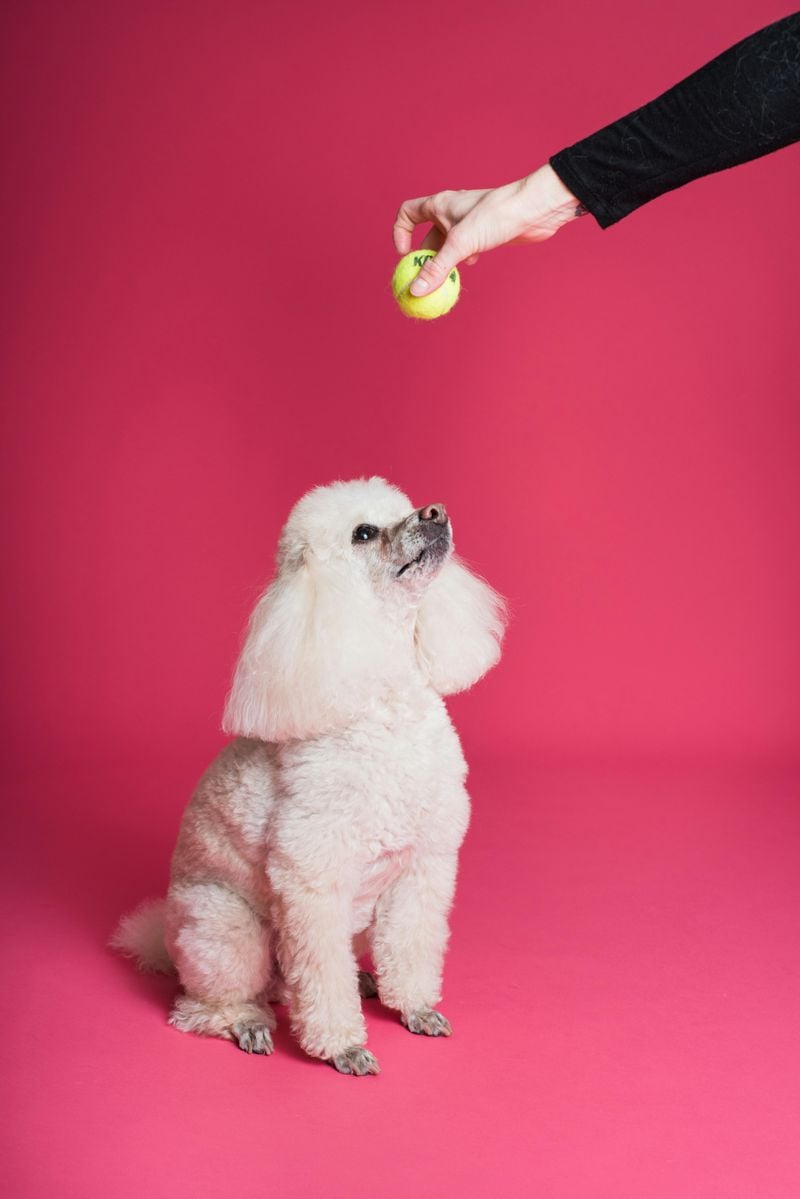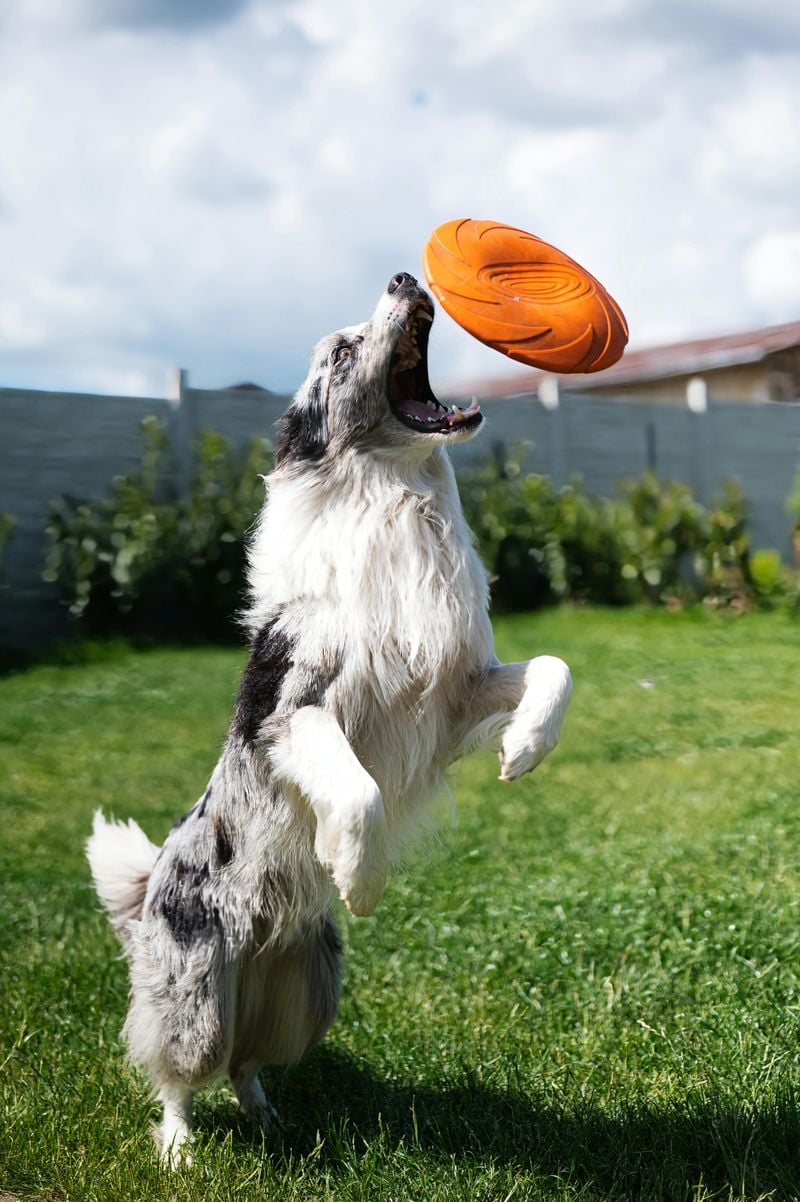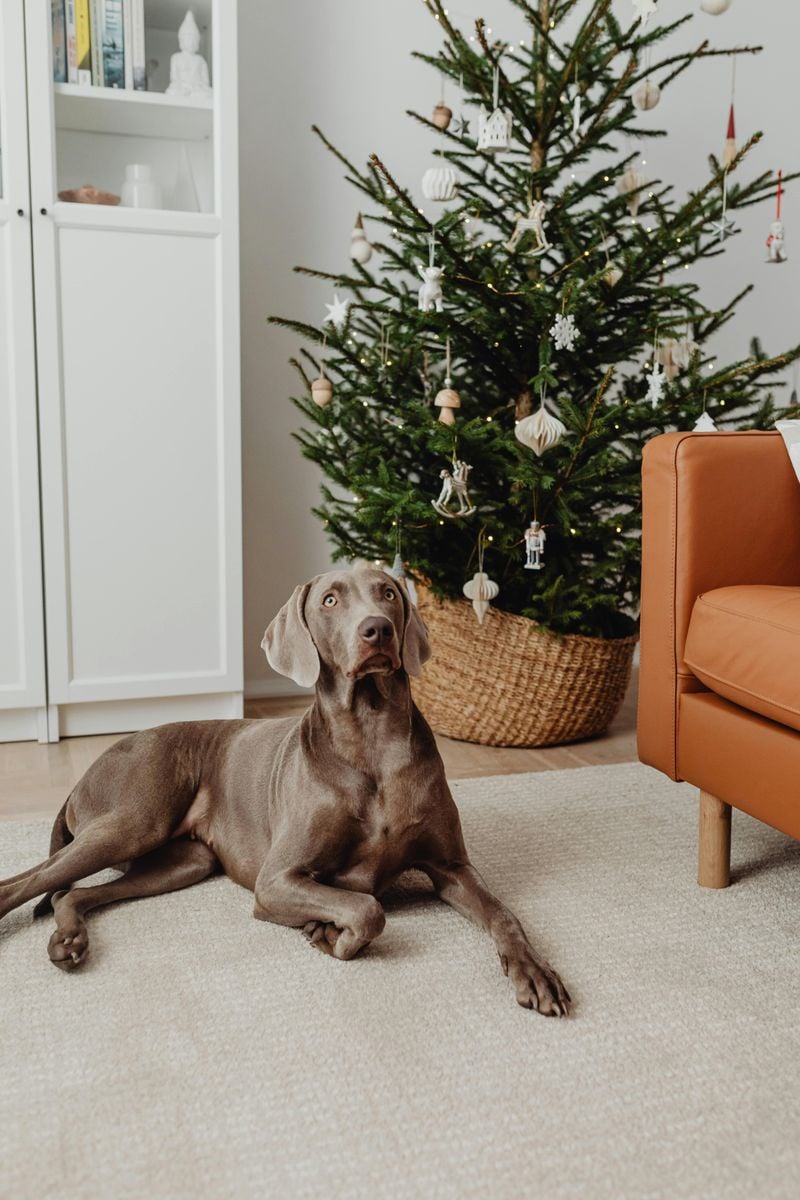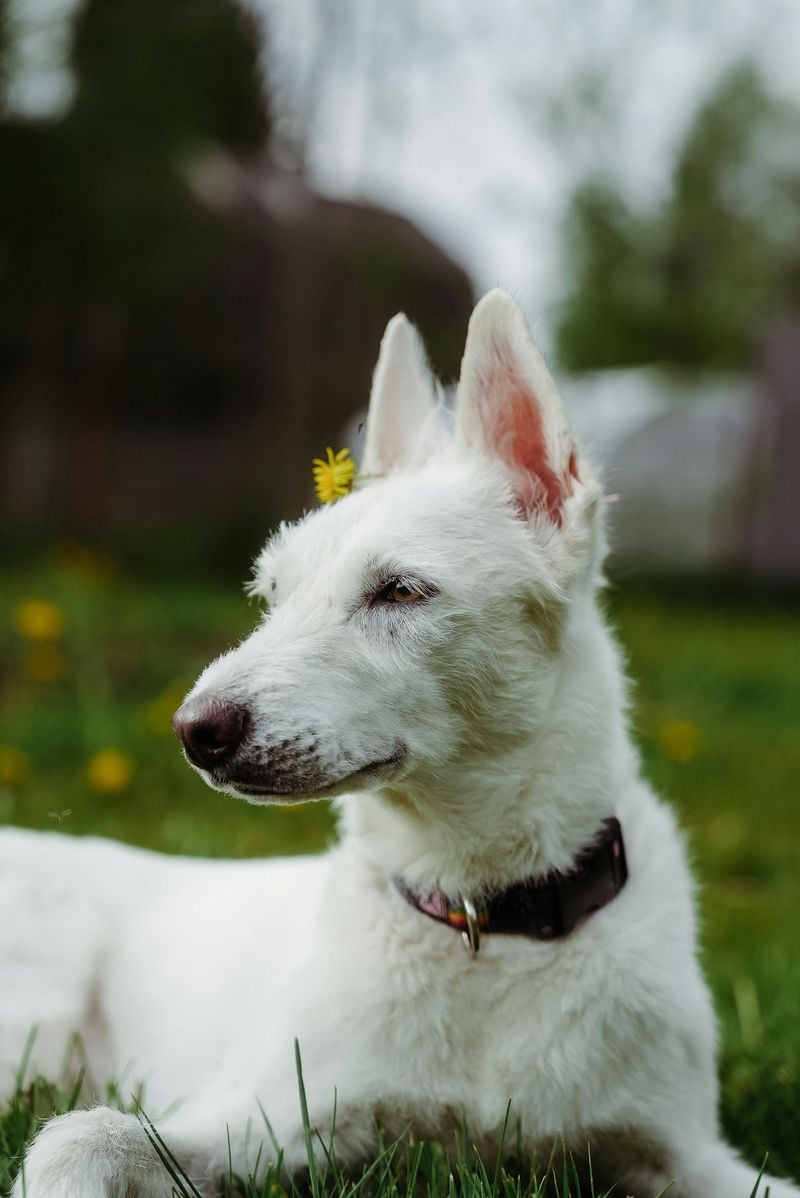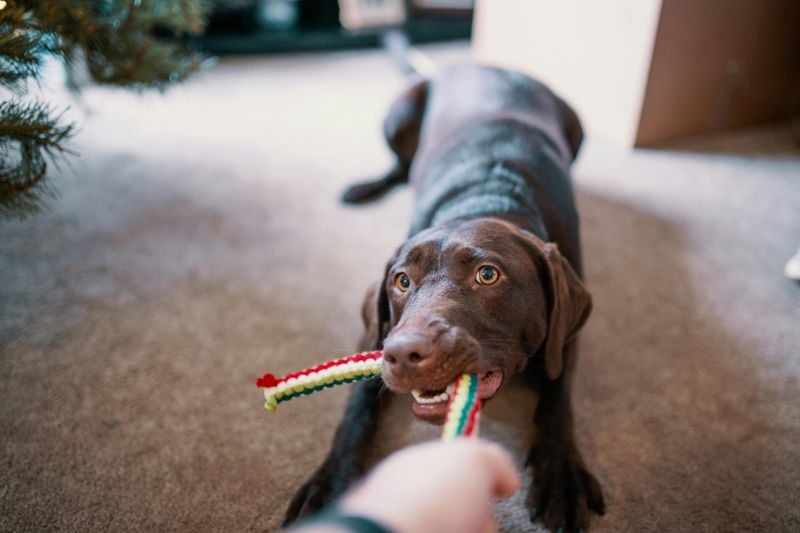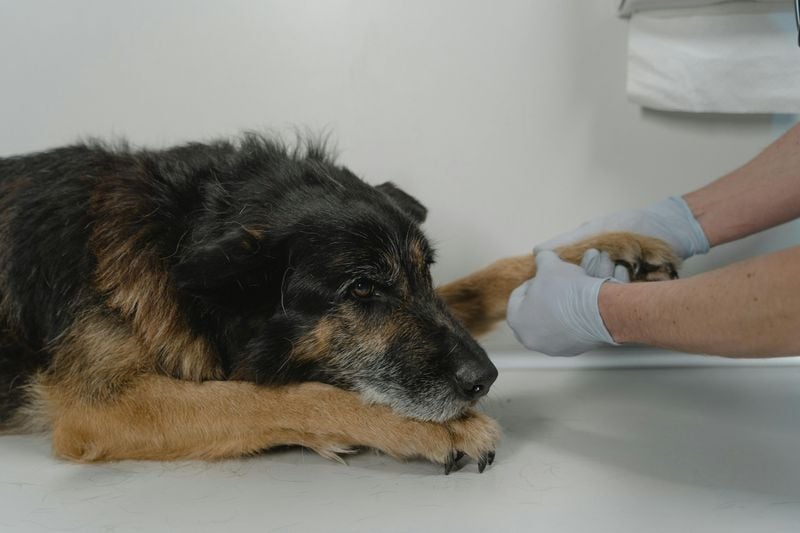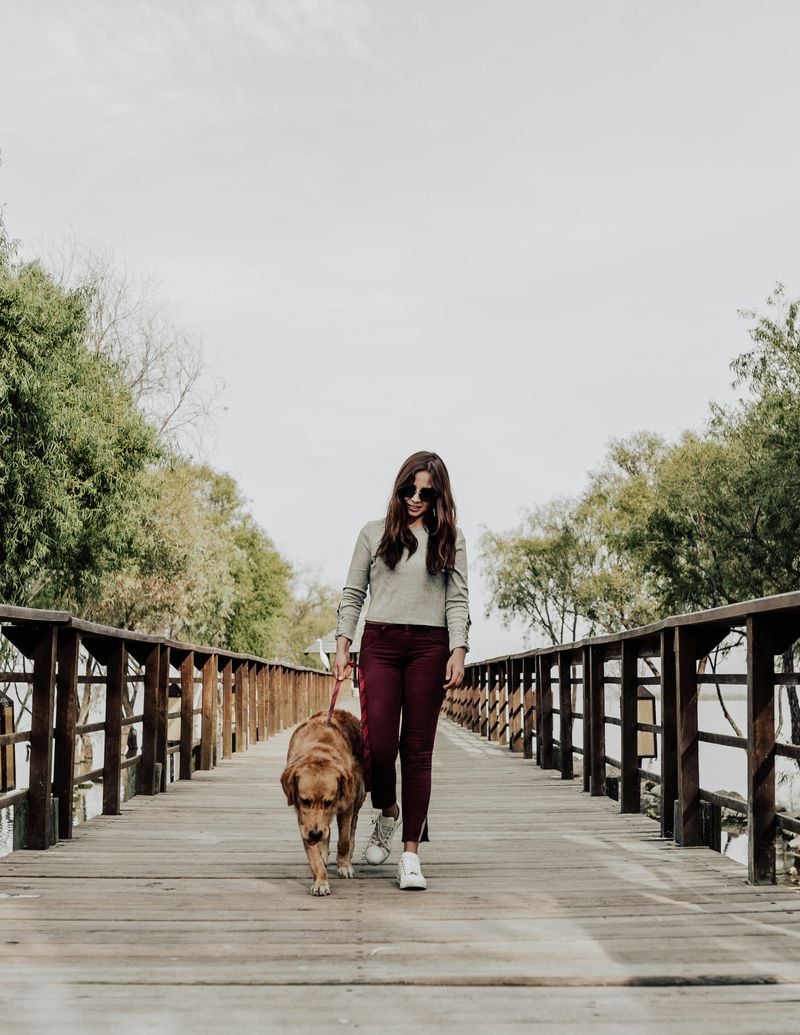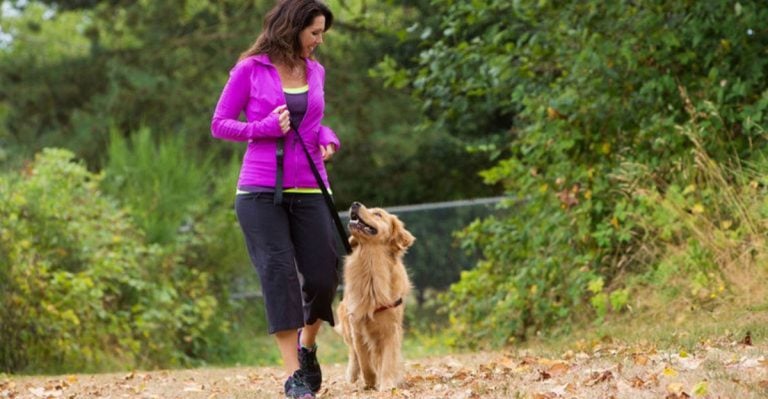18 Habits That Secretly Drive Your Dog Crazy & 9 That Make Them Absolutely Love You
As dog owners, we all want to believe we’re giving our furry friends the best life possible—belly rubs, tasty treats, long walks, and cozy snuggles. But what if some of our everyday habits are secretly driving them nuts?
While your intentions may be full of love, certain behaviors—like hugging too tightly, skipping walks, or being inconsistent with rules—can cause confusion, stress, or even anxiety in your pup.
Dogs are incredibly intuitive animals. They may not speak our language, but they’re constantly communicating through body language, energy, and behavior. When we miss those subtle cues or unknowingly dismiss their needs, it can lead to frustration and strain the bond we’ve worked so hard to build.
The good news? There’s plenty you can do to make it right—and it starts with awareness. In this guide, we’ll uncover common human habits that may be driving your dog crazy, and more importantly, 9 heartwarming habits that make them love you even more. From ignoring their body language to neglecting mental stimulation, and from skipping vet visits to not respecting their personal space—these are things every dog owner should know.
If you’re ready to become your dog’s favorite human (and stop doing the things they secretly hate), this article is for you. Let’s decode your dog’s needs—one habit at a time.
1. Ignoring Your Dog’s Body Language
Dogs communicate through body language, yet many owners overlook these signals. A wagging tail doesn’t always mean happiness; it could indicate anxiety. Ignoring these cues can frustrate your pet, making them feel unheard.
Observing your dog’s body language fosters understanding and a stronger bond. A slight head tilt, a twitching ear, or a wagging tail can offer deep insights into your pet’s emotions.
Dogs thrive on understanding, and you can offer that by simply paying attention.
2. Inconsistent Training
Inconsistency in training leads to a confused and anxious dog. Imagine receiving mixed messages at work; that’s how your dog feels.
Consistent commands and routines provide clarity and security. It helps your dog understand what is expected, reduces anxiety, and fosters trust. A consistent approach turns training into a bonding experience rather than a source of stress.
3. Lack of Exercise
Exercise is vital for a dog’s physical and mental health.
A sedentary lifestyle can lead to obesity and behavioral issues. Regular walks and playtime stimulate your dog’s mind and body, keeping them healthy and content.
Dogs need to burn off energy to stay balanced and happy. Without it, they might resort to unwanted behaviors like chewing or barking. Exercise is more than just physical activity; it’s an opportunity to bond, explore, and strengthen your connection.
4. Overfeeding Treats
Treats are a delightful way to reward and bond with your dog, but overfeeding can lead to health issues. Obesity and related complications are common in dogs fed excessive treats.
Moderation is key to maintaining a healthy weight and avoiding potential medical problems. Treats should be a special reward rather than a constant indulgence.
Balance treats with a nutritious diet to ensure your pet’s well-being, keeping them happy and healthy.
5. Lack of Socialization
Socialization is crucial for a well-rounded dog. Without exposure to different environments, people, and animals, dogs may become fearful or aggressive.
Opportunities to socialize help them develop confidence and adaptability. Early and continual socialization creates a friendly and approachable pet. It prevents unwanted behaviors and enhances your dog’s quality of life.
Socialization involves more than just meeting other dogs; it’s about experiencing new sights, sounds, and smells.
6. Too Much Alone Time
Dogs are social animals and thrive on companionship. Long periods alone can lead to anxiety and destructive behaviors. Imagine being left alone in a room for hours. That’s how your dog feels.
If your lifestyle requires long absences, consider doggy daycare or pet sitters to keep your dog company. Providing mental stimulation through toys or interactive games also helps.
7. Loud Noises
Loud noises can be terrifying for dogs. Thunder, fireworks, or even household noises may cause them to feel insecure. Sensitivity to sounds varies, but understanding your dog’s triggers helps you provide comfort.
Creating a safe space or using calming products can alleviate their anxiety. It’s crucial to approach their fears with empathy and patience, turning potentially distressing situations into opportunities for bonding and comfort.
8. Not Providing Mental Stimulation
Mental stimulation is essential for a dog’s happiness. Without it, dogs can become bored and engage in destructive behaviors. Puzzle toys, training exercises, and interactive games challenge their minds and keep them engaged.
Mental enrichment goes hand-in-hand with physical exercise, promoting overall well-being. It stimulates your dog’s intelligence, enhances happiness, and strengthens your bond.
9. Ignoring Personal Space
Dogs, like humans, need personal space. Not all dogs enjoy hugs or being crowded. Ignoring these boundaries can cause stress and discomfort. Respecting your dog’s space fosters trust and comfort.
Observing their body language and responding to their needs reinforces your bond and promotes mutual respect. Allowing your dog the freedom to express themselves and setting boundaries ensures both you and your pet enjoy a happy and harmonious relationship.
10. Forcing Unwanted Interactions
Not every dog enjoys meeting new dogs or people. Forcing social interactions can lead to anxiety and fear. Understanding your dog’s social preferences ensures their comfort and happiness.
Respect their boundaries, and allow them to approach new experiences at their own pace.
11. Using Harsh Discipline
Harsh discipline can damage the trust between you and your dog. Yelling or physical punishment creates fear rather than understanding. Positive reinforcement and gentle guidance encourage good behavior without undermining your relationship.
Dogs respond best to kindness and patience. Building a respectful and compassionate approach to discipline fosters a loving and cooperative bond.
Your dog will thrive in an environment where they feel safe and cherished. Replace harshness with encouragement to nurture a confident and well-behaved pet.
12. Neglecting Grooming Needs
Grooming is more than aesthetics; it’s vital for health. Neglecting grooming leads to discomfort and potential health issues. Regular brushing, nail trimming, and bathing maintain your dog’s comfort and cleanliness.
Grooming sessions offer an opportunity to bond, providing a calm and loving interaction. Addressing grooming needs prevents matting, skin problems, and other health concerns.
13. Ignoring Health Issues
Health issues can often be overlooked or mistaken for normal behavior. Unexplained weight changes, lethargy, or unusual behavior may be signs of underlying problems.
Regular veterinary check-ups, attentive observation, and prompt action ensure your dog’s health. Ignoring symptoms can worsen conditions and lead to unnecessary suffering.
14. Lack of Routine
Dogs thrive on routine, providing them with a sense of security and predictability. Irregular schedules can lead to confusion and anxiety. Establishing consistent meal times, walks, and play sessions helps your dog feel secure and content.
Routine builds confidence, making your dog feel at ease in their environment. It fosters a sense of stability and trust, enhancing your relationship.
15. Overstimulation
Too much stimulation can overwhelm dogs, leading to stress and anxiety. While socialization and activities are essential, a balance is crucial. Recognize signs of overstimulation, like restlessness or excessive panting, and provide a calm environment when needed.
Tailoring activities to your dog’s preferences ensures enjoyment without stress.
16. Uncomfortable Living Environment
Your dog’s living environment greatly affects their well-being. Inadequate bedding, lack of toys, or unsuitable conditions can cause discomfort. Creating a comfortable and inviting space promotes relaxation and happiness.
A well-considered environment reflects your love and care. It ensures that your dog feels safe, secure, and content.
17. Ignoring Dental Health
Dental health is often overlooked, but crucial for overall well-being. Plaque buildup and gum disease can lead to pain and other health issues. Regular dental care, such as brushing and check-ups, prevents these problems and ensures your dog’s comfort.
Ignoring dental health can lead to severe complications, affecting your dog’s quality of life. A healthy mouth is a happy mouth, and maintaining dental hygiene reflects the care you provide.
18. Skipping Vet Visits
Regular veterinary visits are essential to catch potential health problems early. Skipping these appointments can lead to untreated conditions and unnecessary suffering.
Routine check-ups ensure your dog’s health and well-being. They offer peace of mind and the opportunity to address concerns promptly.
Prioritize vet visits to nurture your dog’s health.
19. Positive: Playing Together
Playing with your dog is a joyful way to connect. It strengthens your bond and provides physical and mental stimulation. Games like fetch or tug-of-war nurture your relationship while keeping your dog fit and engaged.
The joy of play reflects the love and companionship you share. Engaging in playtime ensures a happy and fulfilled pet, enhancing your connection and enriching both your lives.
20. Positive: Cuddle Time
Cuddling with your dog is a comforting and loving experience. It enhances your bond and offers relaxation and warmth. Most dogs enjoy close contact, feeling safe and cherished during cuddle time. This intimate interaction fosters trust and deepens your connection.
Cuddling provides a peaceful retreat from the daily hustle, strengthening your relationship. It’s a simple yet profound way to express love and appreciation for your furry friend.
21. Positive: Daily Walks
Daily walks are more than exercise; they’re an opportunity to explore and bond. Walking together strengthens your connection, offering a shared experience of sights and smells.
Regular walks keep your dog fit and healthy, promoting physical and mental well-being. They provide a structured routine, enhancing your dog’s sense of security and happiness.
22. Positive: Sharing Quality Time
Quality time with your dog enriches both your lives. Whether it’s a quiet moment or a playful adventure, shared experiences build a strong bond. Spending time together creates trust, understanding, and mutual respect. It nurtures a loving relationship and enhances your dog’s happiness.
23. Positive: Training with Positive Reinforcement
Training with positive reinforcement creates a joyful learning experience. Encouraging good behavior with treats and praise fosters a loving and cooperative bond. This method builds trust and confidence, ensuring a well-behaved and happy pet.
24. Positive: Creating a Safe Space
Providing a safe space for your dog offers comfort and security. A cozy bed and familiar toys create a sanctuary where they can relax and feel safe. This space reflects your love and care, fostering trust and happiness.
A designated safe area allows your dog to retreat and recharge, reducing stress and anxiety. It enhances their well-being and strengthens your bond.
25. Positive: Gentle Grooming Sessions
Grooming sessions are more than maintenance; they’re an opportunity for bonding and care. Gentle brushing and attention to grooming needs provide comfort and relaxation. It strengthens your connection, reflecting love and dedication.
Gentle grooming sessions ensure a harmonious relationship, reflecting your commitment to your dog’s health and happiness. Prioritize grooming to nurture a loving bond.
26. Positive: Special Treats
Special treats are a delightful way to express love and appreciation. Homemade or carefully selected treats offer a unique bond, reflecting care and consideration.
Treats enhance positive experiences and reward good behavior, strengthening your connection. They provide joy and satisfaction, enriching your dog’s life.
This simple gesture nurtures a loving and trusting relationship, ensuring a joyful and contented pet.
27. Positive: Respecting Their Needs
Respecting your dog’s needs fosters a loving and trusting relationship. Understanding their boundaries and preferences ensures mutual respect and happiness. It reflects empathy and consideration, enhancing your connection.


